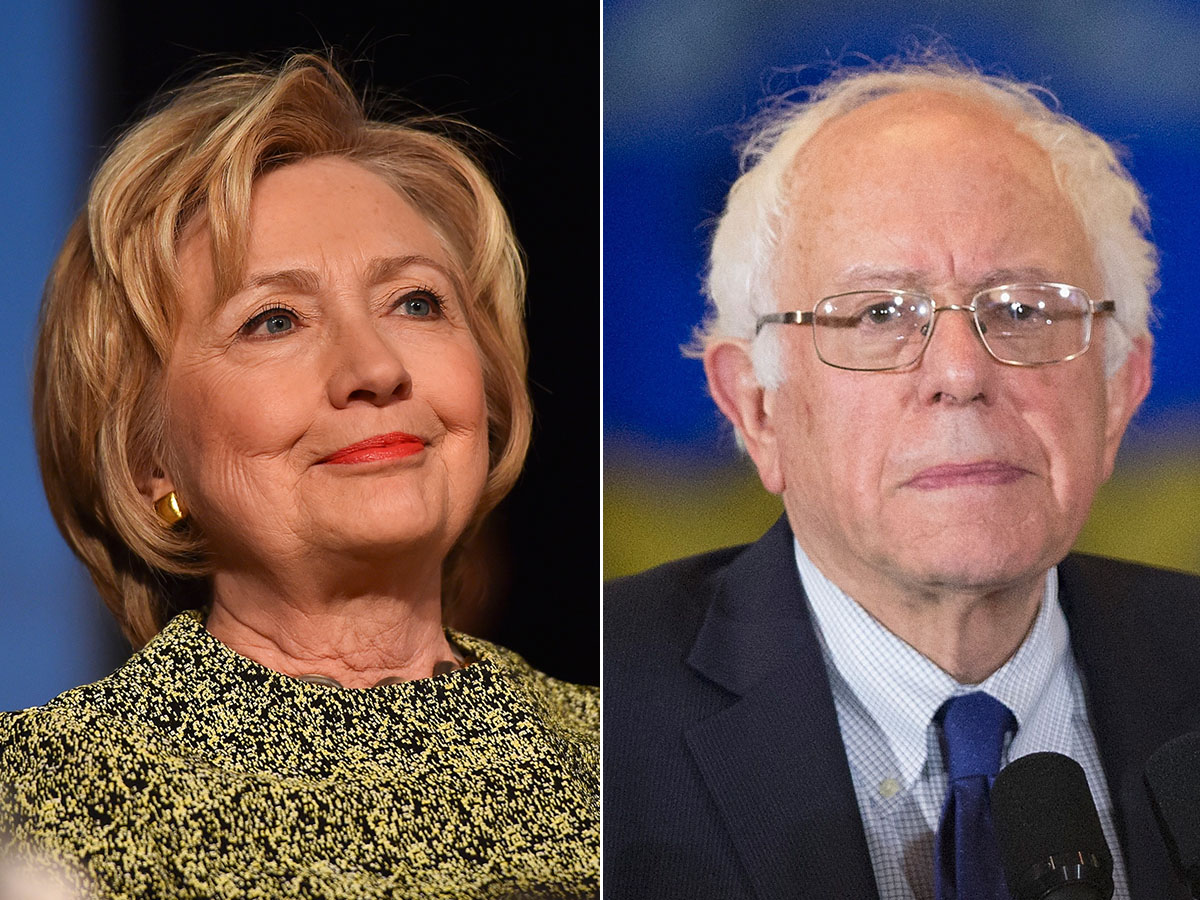Hillary was dynamic, confident and on her game. She looks and sounds better in person than on television. As she approaches the finish line of the campaign season she seems to be having fun. Her 30-minute talk included plenty of progressive policy solutions, effective digs at presumptive Republican nominee Donald Trump, and enough personal asides to keep it warm. This is a woman in command of the issues and ready for the challenges ahead.
Democratic Presidential Front Runner Hillary Clinton at Edison High in Fresno, June 4, 2016
She promised to work hard from inauguration day on a sane immigration law that will include a path to citizenship for the foreign workers and their families who are here. She proposes a massive infrastructure program across America, "We have been living on an investment made by our parents and grandparents, in highways, bridges, airports, communications and water systems." These need to be restored and brought up to twenty-first century standards. And, she exclaimed, "The millions of jobs this creates cannot be outsourced!" She said that either China, Germany or the United States will lead the world in clean energy production this century. "Why shouldn't it be us? she asked. "If I am so fortunate as to be your president, it will be." She called for raising the minimum wage to at least $12, and would encourage states to match California's $15. She was foursquare for women's rights and LGBT rights, and promised to only nominate judges who would protect a woman's right to choose, restore the Voting Rights Act, preserve marriage equality and overturn Citizens United. She supports community college "as close to free as possible" and "debt-free" public university education. The audience joined in on her now-famous line, "If insisting that women have control over their own bodies and that they get equal pay for equal work is playing the woman card, then deal me in!"
Secretary Clinton related a story about the Bin Laden raid to underscore some of her differences with Trump. She detailed the careful planning and frank discussion form all angles within the administration before presenting the final decision to the President. She contrasted that with Trump's rash, impatient style. She related that one of the two helicopters involved was damaged on the way in. After fighting their way past Bin Laden's bodyguards and getting the terror leader himself, they had to destroy the chopper to prevent its secrets from falling into foreign hands. Clinton told how before they demolished the helicopter, the SEALS moved all the women and children from the compound to safety from the explosives. She contrasted that with Trump's stated preference for killing the families of terrorists. She also went through the themes she had introduced two days before about the foolishness of Trump's more outrageous foreign policy "ideas" to good effect. See them described in my previous blog here.
All in all, it was a terrific week. I'd been to the Bernie Sanders rally on Sunday in Visalia and then got to see Hillary Clinton on Saturday. I'm more convinced than ever of being on the right side of the values and issues in question after hearing from the similar perspectives of these two fine candidates. It's also a great feeling for me, a history teacher, to be present for some of the making of that history. I'm pretty sure I've seen the next president of the United States. And there's never been anyone more ready for the job than she is.
